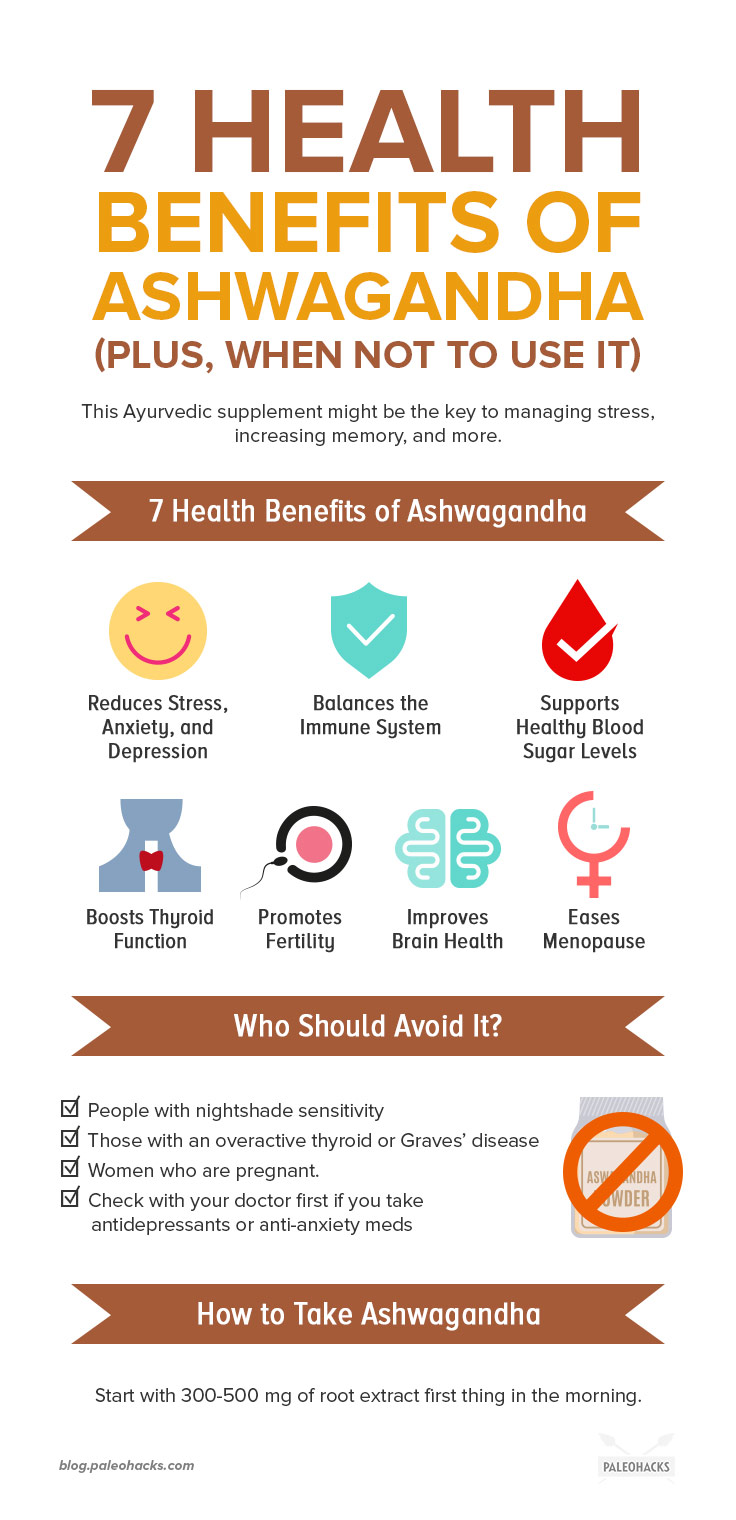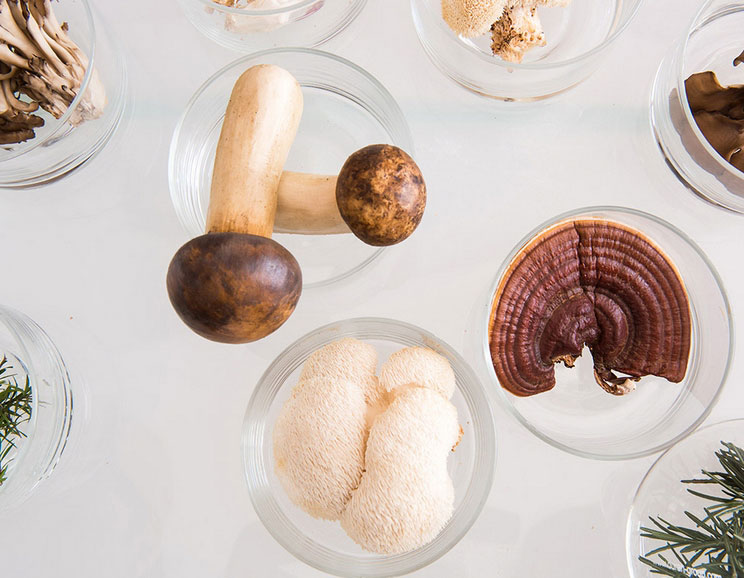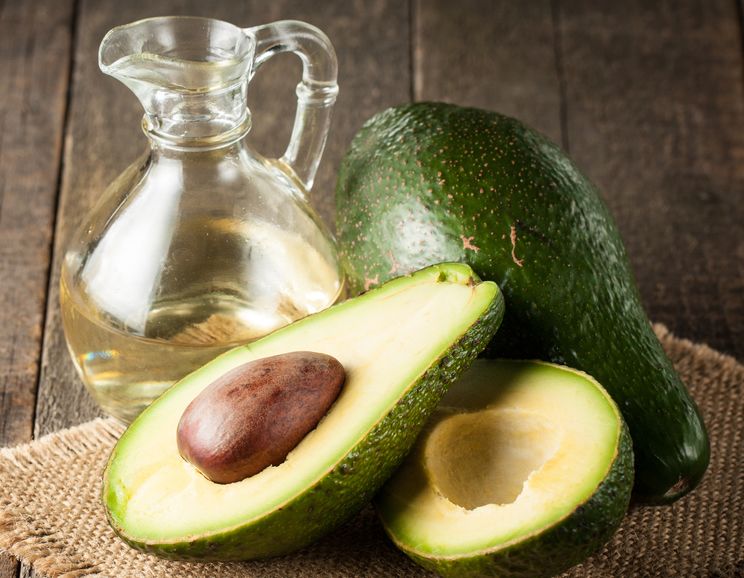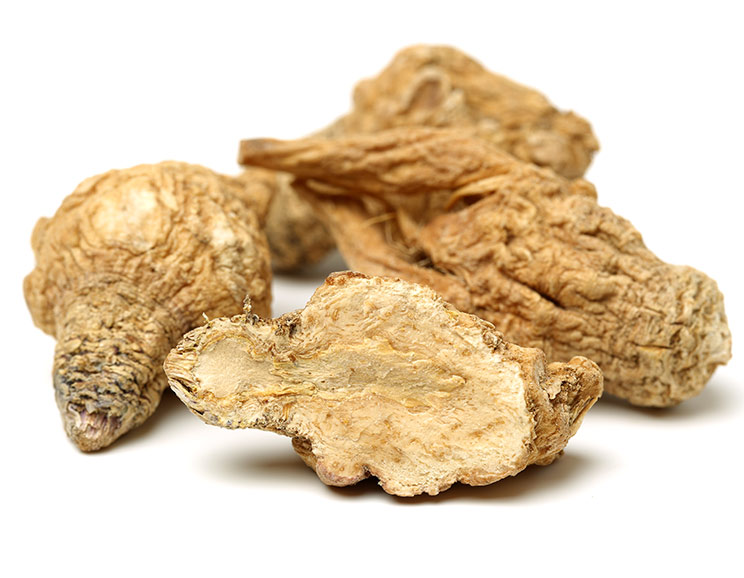Could ashwagandha help you manage stress? Read on for the health benefits and risks of this Ayurvedic adaptogen.
You already know that anxiety and burnout can sabotage both your mind and body. Even if you don’t feel stressed, your body may be relying on stress hormones to get you through the day. Fortunately, there are supplements that may provide stress relief and help you to relax.
These substances are referred to as adaptogens, as they help the body to adapt to stress. Ashwagandha is arguably the most popular of these adaptogens, thanks to its potent stress-busting properties.
Want to train your brain to be happier and healthier?
Click here to receive our FREE 7-Day Meditation Challenge!
It’s been used for thousands of years in Ayurveda, an ancient system of medicine practiced in India. Modern research, too, reveals it to be an effective stress-relieving supplement for some.
What is Ashwagandha, and Who Should Take It?
Ashwagandha, scientifically referred to as Withania somnifera, naturally grows in the arid climates of Africa, India, and the Middle East.
Modern animal and human studies show that ashwagandha boasts many health and wellness benefits for its users. It may be more complicated for people who have autoimmunity, though, because it can lead to inflammation and leaky gut problems.
If you suffer from autoimmunity, here’s what you should know: Ashwagandha can stimulate and suppress the immune system, so it may have a beneficial effect. Research in animals shows that ashwagandha can decrease the inflammation behind the disease, and can also reduce oxidation. (1)
On the other hand, ashwagandha is also a member of the Solanaceae family – a nightshade. If you’re sensitive to nightshades, for example, it might worsen inflammation or gut symptoms.
7 Health Benefits of Ashwagandha

While this herb can’t relieve all aspects of a chaotic life, it’s certainly a place to start. Here are the top seven benefits of ashwagandha.
1. Reduces Stress, Anxiety, and Depression
The adrenal glands produce cortisol, a stress hormone that helps the body deal with anxiety-provoking situations. But the glands can’t distinguish between temporary stressors or chronic stress that’s stuck without a resolution.
Ashwagandha can help the body to better cope with the physical and mental symptoms of stress, helping to simultaneously calm and energize you. (2, 3)
Specifically, ashwagandha can reduce cortisol levels by nearly 30 percent, resulting in fewer stress symptoms like nervousness and high blood pressure. (4) That same study also found that ashwagandha led to a significantly improved self-assessed quality of life.
Animal studies show ashwagandha to be a mood stabilizer for depression. In one study, it proved as effective as certain antidepressants for relieving social isolation behaviors and other depression symptoms. (5, 6, 7)
2. Balances the Immune System
The immune system is controlled by several mechanisms in the body which, when stressed, can be prone to under-functioning (reduced immunity) or over-functioning (self-attack in autoimmunity).
In order to truly maintain health and balance, we need a modulated immune system that destroys the right things and protects “self” above all else.
Autoimmune disease occurs when cells in the immune system get sensitized to the self and mistakenly mount an attack against certain organs, tissues, joints, or body systems. There are more than a hundred autoimmune diseases, each with their own specific immune malfunctions.
Ashwagandha can both suppress and stimulate the immune system, meaning that it helps to modulate how the immune system functions. (8) It can improve the number of white blood cells and help to mount an attack against an actual viral or bacterial invader, and it can protect the body from potential self-attack.
3. Supports Healthy Blood Sugar Levels
Stress is more than internalized pressure or anxiety. It sets off a chain of physical reactions in the body, one of which is elevated glucose or blood sugar.
Whether you’re diabetic or not, high blood sugar can lead to problems that can eventually worsen or turn into chronic disease. (9)
Ashwagandha can reduce blood sugar in people who have diabetes, but also in people dealing with elevated levels from stress alone. (10, 11, 12)
4. Boosts Thyroid Function
Ashwagandha is frequently recommended for people who are dealing with hypothyroidism or Hashimoto’s disease. This is because it can help to stimulate the production of T4, the primary thyroid hormone. It also normalizes TSH, the hormone that comes from the pituitary gland and instructs the thyroid to produce more T4. (13)
The herb helps to improve the underlying communication that regulates thyroid production. This helps the thyroid do its job, even when suppressed or underfunctioning.
Because ashwagandha stimulates thyroid hormone production, it would not help in cases of hyperthyroidism or Graves’ disease, where the body is already dealing with too much thyroid hormone.
5. Promotes Fertility in Men
Health can take a hit from stress in many ways, including reproductive ability. In men, ashwagandha can help to improve both testosterone levels as well as sperm count and motility. (14, 15, 16)
Sperm is highly responsive to oxidative stress and the antioxidant levels in ashwagandha are protective of sperm quality, leading to improved rates of pregnancy in those trying to conceive. (17)
6. Protects Neurological Health
Stress in all forms can have long-term consequences for brain and mental health, especially when it comes to risk factors for neurodegenerative and cognitive disorders like Alzheimer’s, Parkinson’s, and Huntington’s diseases.
Ashwagandha protects brain cells and keeps them from free radical damage associated with aging and diseases of aging. (18, 19) The adaptogen can also improve memory, attention span, and processing skills independent of Alzheimer’s or neurodegenerative disorders. (20) It can even improve the brain’s ability to learn, making it good for young and old alike. (21)
7. Promotes Women’s Health
Ashwagandha has a number of health benefits for women specifically, and not just in helping to decrease stress levels.
It can boost sexual function in women, and can also help to control fibroids. (22, 23) Animal studies also show it might address hormone instability and imbalance in PCOS (polycystic ovarian syndrome), which is a leading cause of infertility in women. (24)
Ashwagandha is also helpful for menopause and the host of accompanying unpleasant symptoms. It can help to regulate hormone balance, reducing hot flashes, anxiety, irritability, sleep problems, and mood swings. (25)
Cautions for Ashwagandha and Who Should Avoid It
Ashwagandha shows promise for numerous stress and hormone-related conditions, but that still doesn’t mean it’s right for everyone.
Since the plant is a nightshade, there is a chance for sensitivity in individuals who react poorly to other Solanaceae foods. However, a supplement contains much less than a dietary source of nightshade, so it’s not always clinically contraindicated.
As mentioned above, ashwagandha can boost low thyroid function and modulate the immune system, two factors that make it an effective way to address certain chronic or autoimmune disorders.
It is not for people with an overactive thyroid or Graves’ disease, and it should also be avoided in women who are pregnant.
If you take antidepressants, anti-anxiety medications, or anything else that has a cognitive effect, always check with your doctor to rule out interactions.
How to Take Ashwagandha
Ashwagandha often comes in a capsule or powder form, taken in varying doses depending on the purpose. The average recommended dose is between 300 and 500 milligrams of root extract, which should be taken first thing in the morning in a single dose, or in the morning and evening in divided doses. (26)
The supplement can help the body cope with stress, but it doesn’t correct the actual causes of stress. Don’t rely on an herb to continue living a lifestyle that is maxing out your stress capacity.
Pairing ashwagandha with stress-reducing self-care is the most effective way to find long-term relief from chronic stress.
You can find ashwagandha at most health food stores, from health practitioners, and online. Be sure to look for a root extract, not leaf, and double check other ingredients to avoid fillers.
Work with your doctor to determine the right dose for you, as some products recommend wildly different intake amounts. Some research shows that as much as 1,250 milligrams daily, in divided doses, is highly effective. (27)
Bottom Line
Ashwagandha is a potent herb with numerous medicinal and therapeutic properties. In many ways, it helps the body cope with stress and can reduce anxiety, depression, thyroid problems, and even lead to better blood sugar levels.
As always, check with your doctor before starting any new supplements and look out for signs of your own sensitivity.
Read This Next: 4 Natural Health Benefits of Medicinal Mushrooms and How to Use Them




 27 Easy Sweet Potato Desserts
27 Easy Sweet Potato Desserts









Show Comments